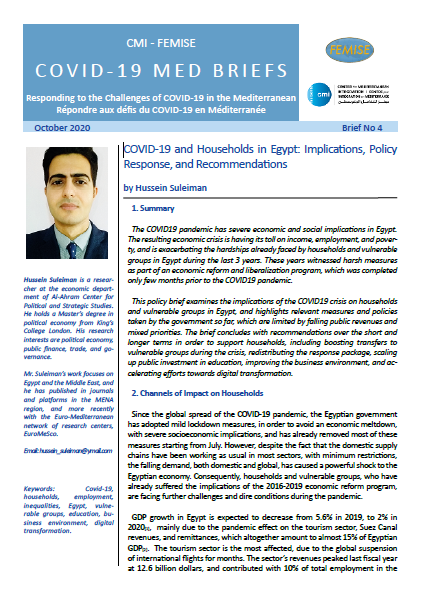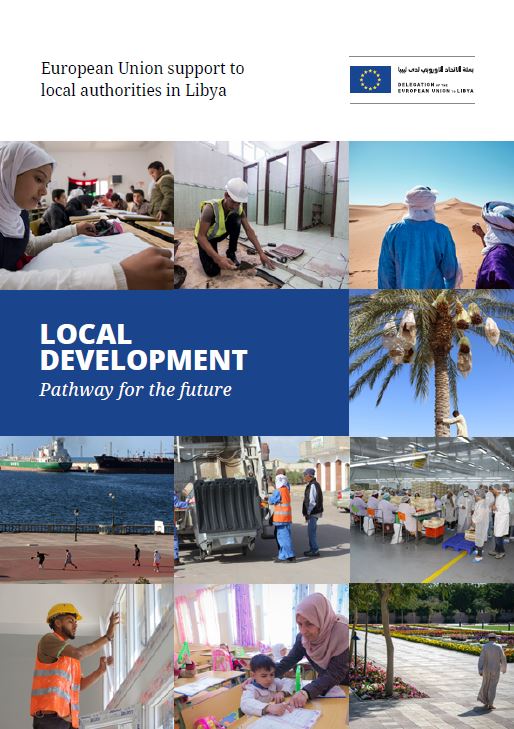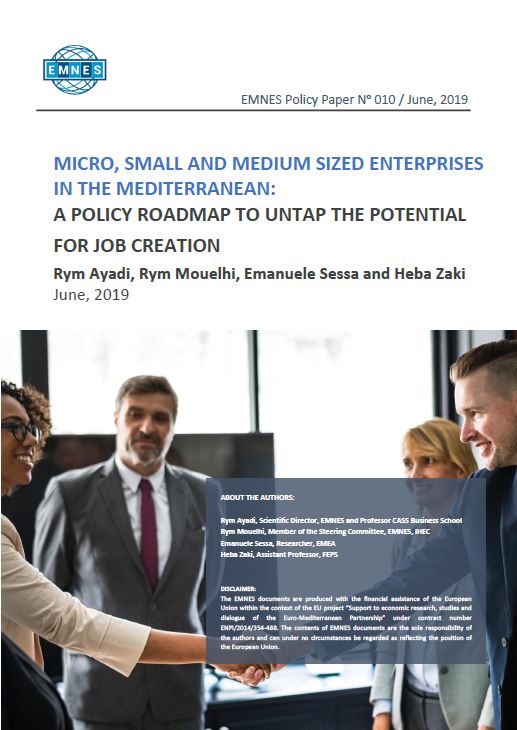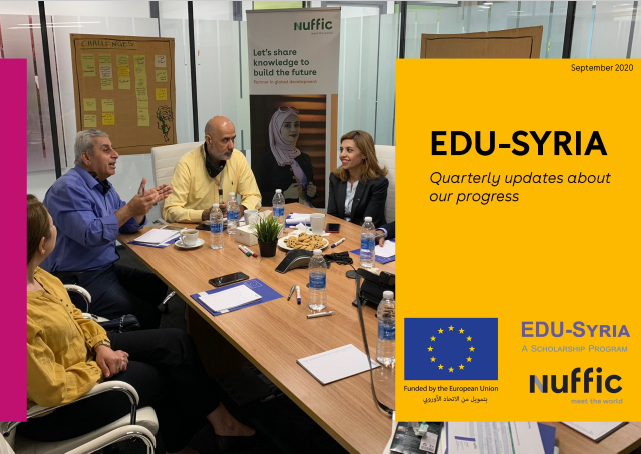CMI FEMISE COVID-19 MED BRIEF 4: COVID-19 and households in Egypt: implications, policy response, and recommendations

The COVID19 pandemic has severe economic and social implications in Egypt. The resulting economic crisis is having its toll on income, employment and poverty, and is exacerbating the hardships already faced by households and vulnerable groups in Egypt during the last 3 years. These years witnessed harsh measures as part of an economic reform and liberalization program, which was completed only few months prior to the COVID19 pandemic.
This policy brief examines the implications of the COVID19 crisis on households and vulnerable groups in Egypt, and highlights relevant measures and policies taken by the government so far, which are limited by falling public revenues and mixed priorities.
The brief concludes with recommendations over the short and longer terms in order to support households, including boosting transfers to vulnerable groups during the crisis, redistributing the response package, scaling up public investment in education, improving the business environment, and accelerating efforts towards digital transformation.
The recent coronavirus crisis threatens the health, economies and societies of all countries. In Southern and Eastern Mediterranean countries, the fight against the pandemic is even more complicated. Cooperation and EU-Med strategies in key sectors are needed. Therefore, the Center for Mediterranean Integration (CMI) and FEMISE join forces and launch their joint series of Policy Briefs called “COVID-19 MED BRIEFS” to pave the way for thematic analyses and policy relevant recommendations.
Latest Publications






























 Syria
Syria 



